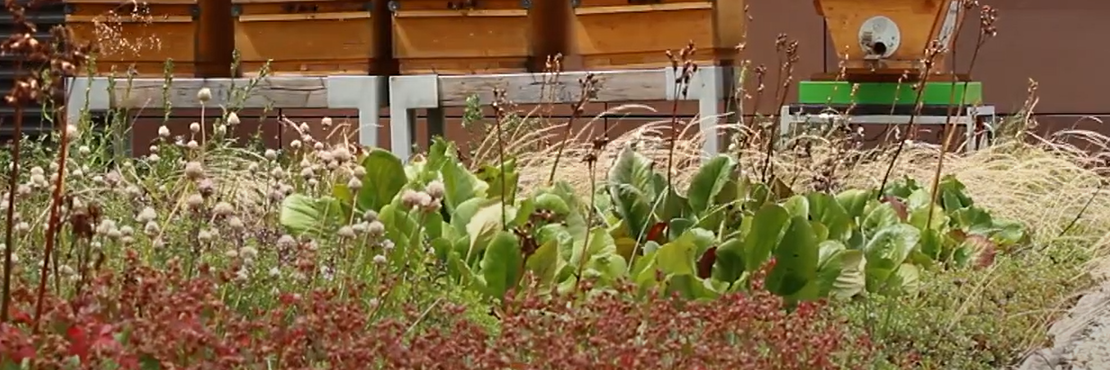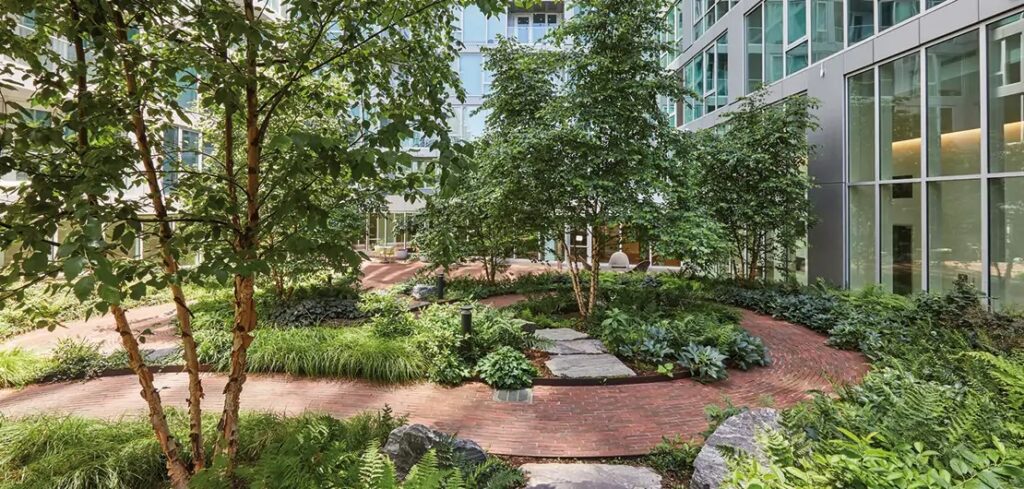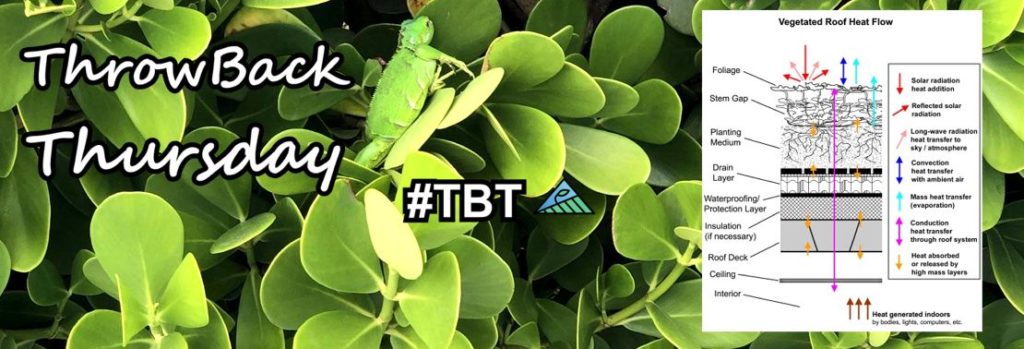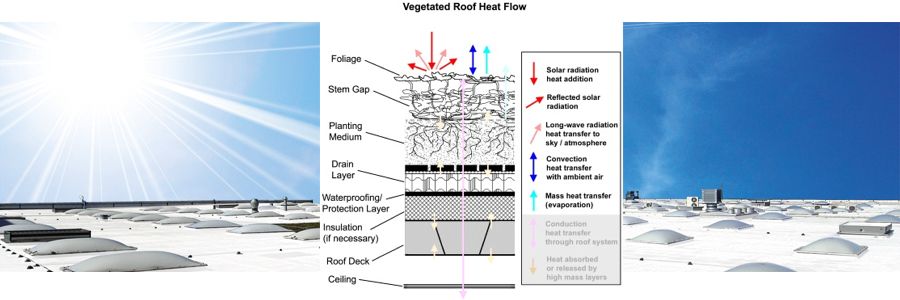Jeremy Wilks of EuroNews writes:
For this month's episode of Climate Now, Euronews visited Frankfurt, one of the warmest cities in Germany, to find out how it is adapting to rising global temperatures and staying cool in the summertime.
Green roof gardens
“Green roofs have numerous positive effects: They protect a building, they insulate and they cool it. This also saves costs. Noise is swallowed, fine dust is filtered by the plants and heavy rainfall effects are cushioned by the fact that the rain can be absorbed by the substrate.”
The ‘green islands’ of Frankfurt are literally growing, as the city now requires certain new buildings to have a green roof or facade, and subsidises the installation of green roofs on private properties, too.
Plants cool the environment as evapotranspiration from their leaves takes heat out of the air.
Lara-Maria Mohr, Frankfurt Freshens Up project manager, from the Frankfurt Environment Department, told Euronews about the benefits of planning this way.
“Green roofs have numerous positive effects: They protect a building, they insulate and they cool it. This also saves costs. Noise is swallowed, fine dust is filtered by the plants and heavy rainfall effects are cushioned by the fact that the rain can be absorbed by the substrate.”
“In addition, every inhabitant of the building gains a new habitat, as do insects and birds,” she added.
The difference made by greening rooftops is significant. On a sunny day, a traditional black rooftop can reach over 70 degrees Celsius, while a green roof remains below 30 degrees or less.
Read more: Frankfurt's green rooftops and urban airways aim to keep the city cool
 Greenroofs.comConnecting the Planet + Living Architecture
Greenroofs.comConnecting the Planet + Living Architecture









